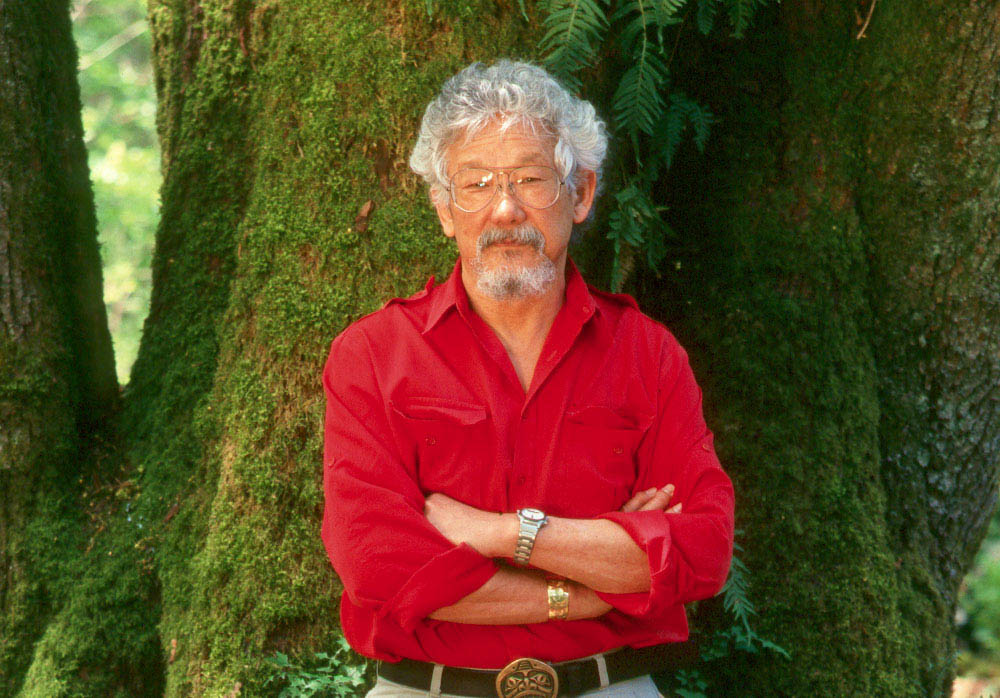Under global consumer-capitalism, power and wealth are concentrated in the hands of oligarchs, billionaires and CEOs, supported by the politicians they fund. That was evident at the 29th United Nations Conference of the Parties climate summit (COP29) in Baku, Azerbaijan, in November and at the earlier COP16 biodiversity summit in Cali, Colombia.
Close to 1,800 coal, oil and gas industry lobbyists attended COP29, outnumbering delegates from all but three countries (the host, next year’s host Brazil and Turkey). As the Guardian reports, “The 10 most climate-vulnerable nations have only a combined 1,033 delegates at the negotiations.” Many countries, including Canada, had industry representatives in their delegations, which gave them privileged access to diplomatic negotiations.
Azerbaijan is an oil-producing nation. Just before the talks, COP29’s chief executive Elnur Soltanov — also the country’s deputy energy minister and a former oil industry executive — was filmed agreeing to facilitate oil deals during negotiations.
Sultan Ahmed Al Jaber, chief executive of the United Arab Emirates’ national oil company ADNOC, chaired last year’s climate conference there. Leaked documents showed the UAE planned to promote deals for its national oil and gas companies at meetings with other countries.
The industrial agriculture sector also sent hundreds of lobbyists to this year’s climate conference. And the biodiversity conference drew 1,261 lobbyists representing “pharmaceuticals, oil and gas, agrochemicals, food and beverage processing and tech,” the Guardian reports.
Most of the industry representatives promote expensive and often unproven technical solutions that allow them to continue or even expand business as usual (often with massive taxpayer subsidies), but lobby against some of the most effective solutions. The biodiversity conference ended on November 2 with many issues unresolved.
Results from the climate conference weren’t much better. As George Monbiot wrote in the Guardian, governments were “prepared to consider any policy except those that might actually succeed: leaving fossil fuels in the ground and ending most livestock farming.” Instead, he noted that much of the focus was on carbon markets, “a futile, impossible attempt to offset with contemporary withdrawals from the atmosphere the hundreds of millions of years’ worth of carbon being brought to the surface.”
This year marked the 29th global climate conference, and the 16th nature summit. Yet, despite some important progress, gas, oil and coal production continues to rise, along with corresponding climate-altering emissions, and destructive industrial agriculture continues to dominate food systems. Had we been serious about the climate and biodiversity crises when we first knew about them decades ago, we could have made a somewhat gradual and orderly shift to better ways of powering and feeding societies.
Now the situation is critical. Although renewable energy growth is creating jobs and helping economies, we can’t get out of this accelerating mess without rapidly changing our ways of life and economic systems. We’re not meeting the emissions reduction targets negotiated over 29 years of climate conferences, which scientists say are necessary to avoid catastrophic heating. And hyper-consumerism is killing us with pollution, resource depletion, nature destruction and climate disruption.
Not only have industries and their CEOs and billionaire owners hijacked the conferences where solutions and agreements are negotiated, they’ve also captured politicians and governments, many of whom appear to know little or nothing about climate, physics, nature or science, and care only about power and profit.
The result is that even politicians who have some understanding of global heating and biodiversity loss don’t treat them as the emergencies they are. Worse, many deny or ignore the crises altogether, often repeating fossil fuel industry messaging and disinformation. Some, including in Canada, are campaigning against effective but still only partial solutions such as carbon pricing.
We can’t leave our future up to governments. And what we do leave up to them must be guided by our voices, not industry lobbyists, CEOs and billionaires. Those of us in democratic countries have an especially important responsibility. We must speak up, protest, educate ourselves and others and get involved in politics.
If we truly care about our future and a healthy, climate-safe future for the children and grandchildren and those yet to be born, we must take a stand. If we care about nature of which we are a part and that we all depend on for survival, we must not be silent.
Time is running out.
David Suzuki is a scientist, broadcaster, author and co-founder of the David Suzuki Foundation. Written with David Suzuki Foundation Senior Writer and Editor Ian Hanington.







